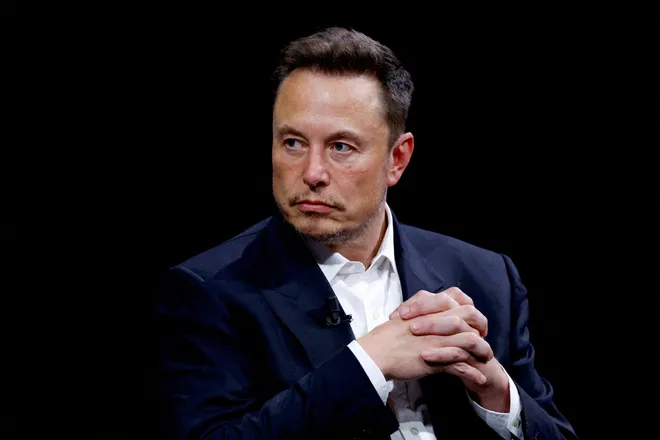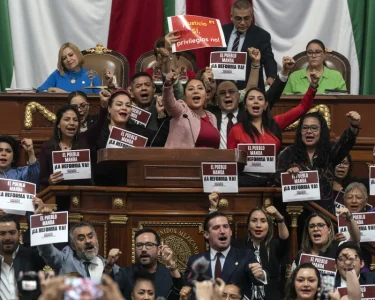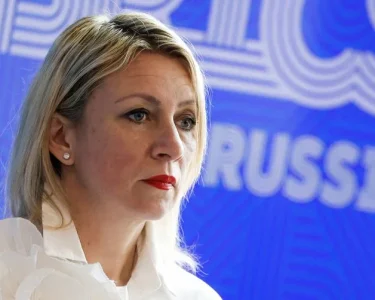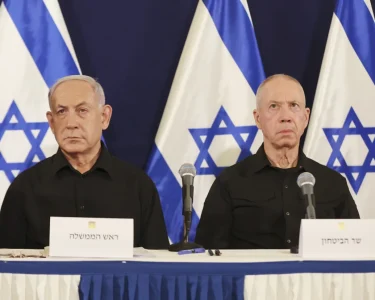In a significant move that has sparked global debate, a Brazilian judge has ordered the suspension of the social media platform X, previously known as Twitter. The decision comes as a response to the platform’s non-compliance with Brazil’s strict content regulation laws, marking a pivotal moment in the ongoing battle between tech giants and government authorities over online content moderation.
Context of the Decision
The suspension order is rooted in Brazil’s efforts to combat the spread of misinformation and hate speech, particularly during the sensitive period surrounding national elections. The government has been tightening its grip on social media platforms, demanding more stringent measures to remove illegal content. The judge’s decision reflects a growing concern that platforms like X are not doing enough to adhere to local laws, which aim to protect public discourse from harmful content.
The Implications for Social Media in Brazil
This suspension has broader implications for the relationship between social media companies and national governments, especially in countries with stringent content regulation laws. Brazil’s move could set a precedent for other nations facing similar challenges with tech giants. It raises critical questions about the balance between free speech and the need to curb harmful content online.
Reaction from X and the Tech Community
The platform, owned by Elon Musk, has not yet released an official statement regarding the suspension. However, the tech community is closely watching the developments, as this decision could influence how other countries approach content regulation on social media. The suspension is expected to reignite debates over the autonomy of tech companies in enforcing their content policies versus the legal requirements set by individual governments.
Potential Outcomes
The suspension could have several outcomes. If upheld, it could lead to a temporary or even permanent ban of the platform in Brazil, affecting millions of users. Alternatively, X may be forced to comply with Brazilian laws, which could include implementing more aggressive content moderation strategies or altering its algorithms to align with local regulations.
Public Reaction
Public reaction to the suspension has been mixed. Supporters argue that the move is necessary to protect the integrity of Brazil’s democratic processes, while critics see it as an overreach of government power that could stifle free speech. The situation highlights the ongoing struggle between maintaining open platforms for communication and ensuring that these platforms do not become tools for spreading misinformation and inciting violence.
Future of Social Media Regulation in Brazil
The suspension order is likely to prompt other social media platforms to reassess their operations in Brazil. Companies may need to adopt more robust content moderation practices to avoid similar legal challenges. This development could lead to a stricter regulatory environment in Brazil, where compliance with local laws becomes non-negotiable for global tech companies.
The suspension of X by a Brazilian judge underscores the complex and often contentious relationship between social media platforms and government authorities. As the situation unfolds, it will be crucial for tech companies to navigate these legal challenges carefully to maintain their presence in key markets like Brazil.
For more insights on the latest in technology and digital trends, visit Digital Digest.





